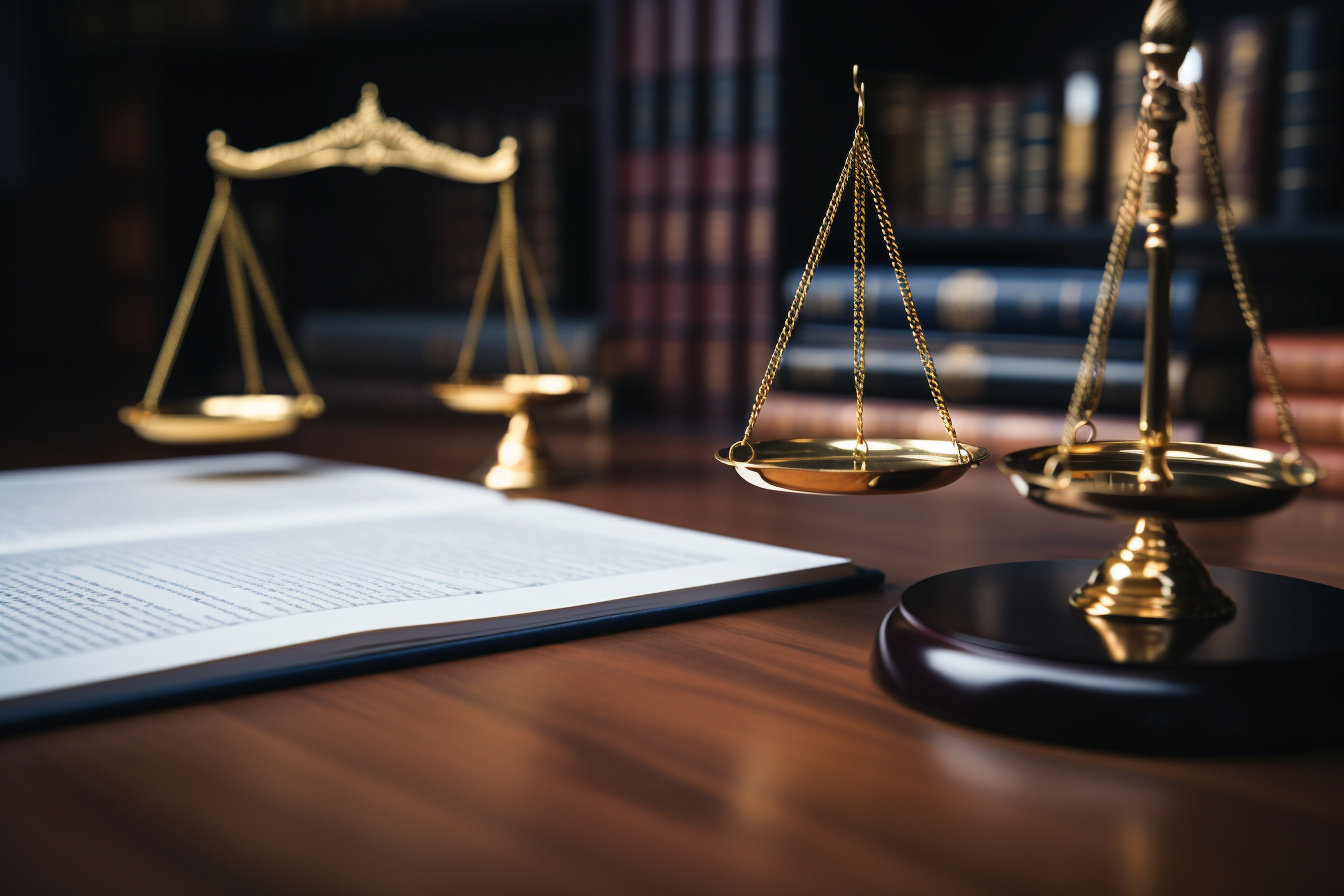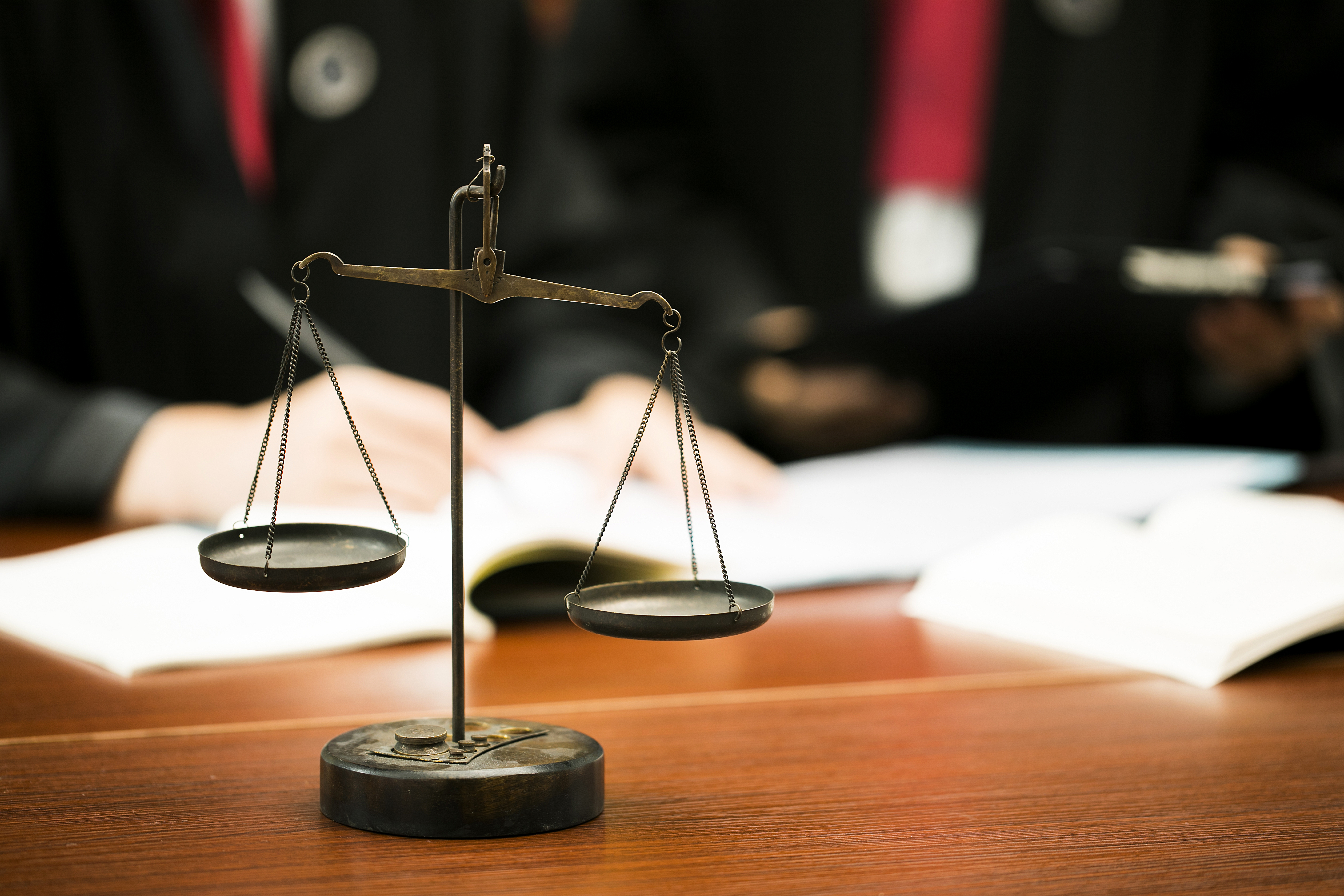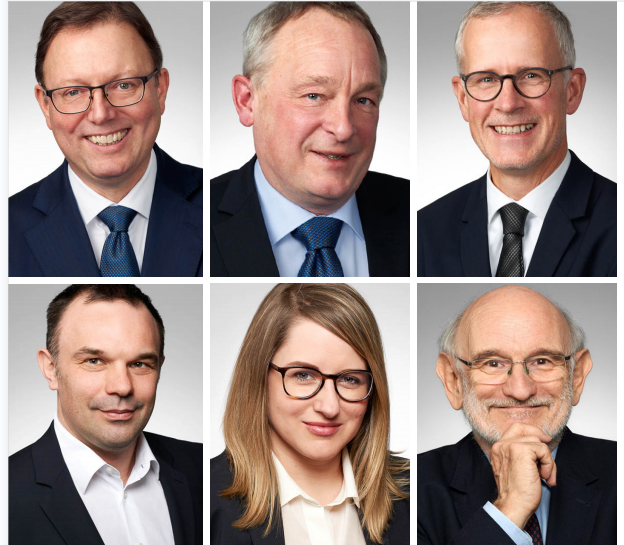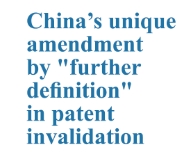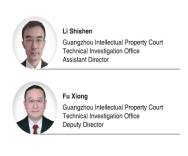-
New
- Reflecting on the first six-months of the Unified Patent Court
-
After nearly 50 years and various attempts to have a ‘unified patent system’ in Europe, on 1 June 2023 we saw the dawning of a new era with the opening of the Unified Patent Court (UPC) and the beginning of a new patent regime with the Unitary Patent (UP).
-
New
- Application of Unitary Patent Court (UPC) decisions in Contracting States
-
This article will discuss the principles relating to the interaction between the UPC and national courts when enforcing UPC decisions and orders, as well as the as yet undefined aspects of these applications.
-
New
- Interpretation of Relevant Regulations about the UPC Patent Mediation and Arbitration Centre
-
Article 35, paragraph 1 of the Unified Patent Court Agreement (“UPCA”) provides for the creation of a patent mediation and arbitration centre (Centre) seated in Ljubljana and Lisbon.
-
New
- An Interview with BDPE—Meeting your trusted litigation partner in German and European courts
-
Founded in 2019, BDPE has served leading enterprises including Huawei, Deutsche Telekom, etc. The team also dealt with over 40 patent litigation cases for Chinese clients from just 2021 to 2022. Recently, China IP interviewed the firm to find out the secret of its success.
-
New
- EU’s proposal for a more efficient and future-proof design law
-
On 29 November 2022, the European Commission published its long-awaited proposals for a new Directive on the legal protection of designs (hereafter “DDir”) and a new Regulation on Community designs (hereafter “DReg”). The Directive is the instrument used to provide harmonization amongst EU Member States with regard to their national design laws.
-
New
- Where AI Works Well and Where it Doesn’t in Predicting Standard Essentiality for Patents
-
Artificial Intelligence (AI) is providing enormous productivity and increased value in many applications. But AI is no panacea and is not yet sufficiently well developed to be precise or dependable everywhere.
-
New
- Patent eligibility of software inventions
-
Article 25 of the Patent Law provides for six types of subject matters for which no patent right should be granted. No matter how practical, novel or inventive they are, specific results covered by such subject matters are excluded from patent protection. Nevertheless, the determination of ineligible subject matters does not require evidence to aid comparison as in the case of commenting on novelty or inventiveness, which can be concluded directly and merely by deductive reasoning.
-
New
- Shenzhen Laidian Technology Co., Ltd. v. Shanghai Zhixiang Technology Co., Ltd.
-
This case involves the determination of commercial disparagement committed by employees of a company through their personal social media accounts. WeChat Moments has now become an important channel for information dissemination, and a considerable number of operators have used WeChat Moments as a marketing place to release promotional content.
-
New
- China's unique amendment by "furthuer definition" in patent invalidation
-
From the perspective of the legislative purpose, the purposes of formulating the patent law are the same in all countries in the world, and with the continuous development of globalization and deepening international cooperation, international patent procedures such as the Paris Convention for the Protection of Industrial Property and the Patent Cooperation Treaty (PCT) have emerged accordingly. However, there still exist subtle differences in many provisions of the patent law of each country depending on their actual situations.
-
New
- Principles governing technical investigations appointed by IP courts
-
it is of great significance to clarify the ideas of handling intellectual property technical investigation cases, fully utilize the opinions and information in patent examination and authorization to improve technical investigation opinions, and deal with the contradiction between a large number of technical investigation cases and little personnel, so as to unify review and confirmation of rights and judicial judgment standards and improve the quality and efficiency of intellectual property trials.
